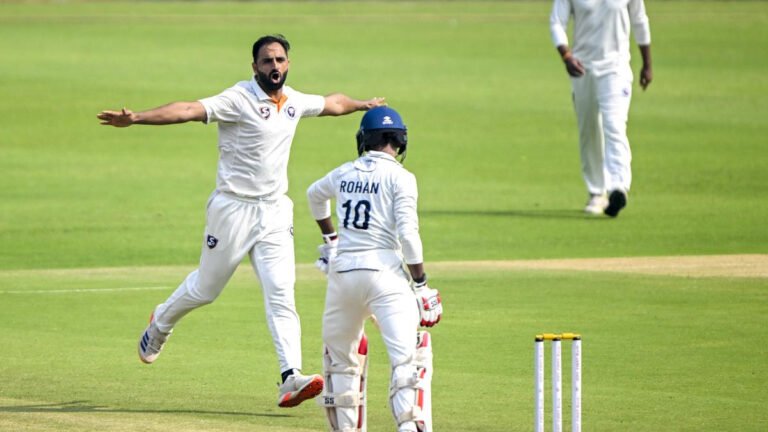In a critical development, a World Bank-appointed Neutral Expert (NE) has supported India’s stand on resolving disputes over the Kishenganga and Ratle hydroelectric projects. The ruling comes amidst long-standing disagreements between India and Pakistan under the framework of the Indus Water Treaty (IWT), which governs cross-border water sharing, as reported by ThePrint.
Key Ruling by Neutral Expert
The Neutral Expert, Michel Lino, president of the International Commission of Large Dams, ruled that he has the competence to address the “Points of Difference” related to the two hydroelectric projects. The Ministry of External Affairs (MEA) welcomed the decision, describing it as a validation of India’s stance.
“This decision upholds and vindicates India’s stand that all seven questions referred to the Neutral Expert regarding the Kishenganga and Ratle hydroelectric projects fall under his jurisdiction as outlined in the Indus Water Treaty,” the MEA said in a statement.
India welcomed the ruling by the Neutral Expert, International Commission of Large Dams president Michel Lino. On Monday, Lino ruled that he is competent to render a decision on the “merits of the Points of Difference” between India and Pakistan on the two hydropower projects.
“India welcomes the decision given by the Neutral Expert under Paragraph 7 of Annexure F to the Indus Waters Treaty, 1960,” the Ministry of External Affairs (MEA) said.
India’s Consistent Stand on Neutral Expert’s Role
While India has been pressing for resolution of the issues by the neutral expert as mandated under the Indus Water Treaty (IWT) between the two countries, Pakistan has been backing the Permanent Court of Arbitration in The Hague to resolve them.
Since 2015, Pakistan has sought resolution of its objections to these projects through the Neutral Expert but later advocated for arbitration by the Permanent Court of Arbitration in The Hague. India objected, stating that simultaneous proceedings by two bodies violated the treaty’s provisions.
“India has always maintained that the Neutral Expert alone is competent under the treaty to address these differences,” the MEA asserted. India has engaged with the Neutral Expert while boycotting the arbitration process in The Hague, which it considers an unlawful parallel mechanism.
Read also: Hydroelectric Power Station from Jammu & Kashmir creates record
Next Steps in Resolving the Dispute
Following the confirmation of his jurisdiction, the Neutral Expert will now proceed to examine the merits of the disputes. This phase will include a detailed evaluation of the seven points of contention and culminate in a final decision.
India reaffirmed its commitment to preserving the integrity of the treaty and pledged to participate in the Neutral Expert process to ensure a fair resolution. “The treaty does not provide for parallel proceedings, and India does not recognize or participate in the Court of Arbitration process,” the MEA clarified.
Treaty Integrity and Future Dialogues
The Indus Water Treaty, signed on September 19, 1960, after nine years of negotiations, remains a cornerstone for managing cross-border water resources between India and Pakistan. Both countries are also in discussions about potential modifications and reviews of the treaty to address evolving challenges.
This ruling marks a significant step in reaffirming the treaty’s mechanisms and India’s commitment to its sanctity, while the focus remains on resolving disputes in a manner consistent with its provisions.

















